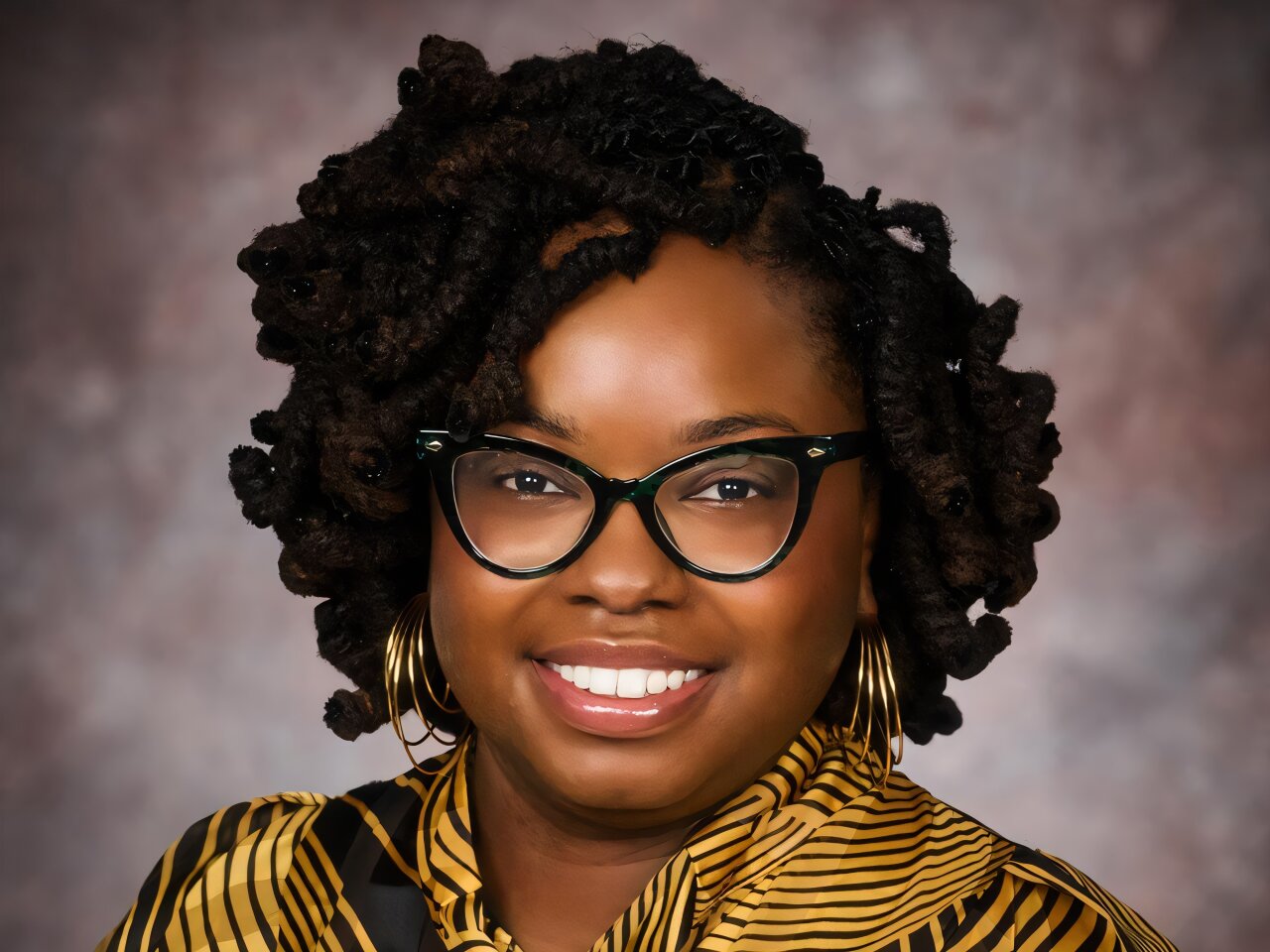
Understanding the Experiences of Black Women in Teacher Education
Mariah Harmon, an assistant professor of education at Penn State's College of Education, has dedicated her career to studying how teacher education programs can better support minoritized teachers. Her recent work focuses on centering the voices and needs of Black women who are training to become educators. This approach aims to improve their experiences and create more inclusive environments within the education system.
Harmon recently co-authored a study published in the International Journal of Qualitative Methods, which explored the experiences of Black women pre-service teachers—individuals enrolled in teacher education programs but not yet in professional roles. The research involved 10 Black women from across the U.S., who participated in in-depth interviews and eight two-hour "counterspace" sessions conducted via Zoom. These sessions allowed participants to discuss issues related to their identities and experiences in teacher education.
What Is Qualitative Research?
Qualitative research involves studying concepts, experiences, and opinions that cannot be easily quantified. In this study, the focus was on understanding the lived experiences of Black women in teacher education programs. By listening to their stories, researchers aimed to gain insights into how these experiences shape their development as future educators.
The study investigated several aspects of the participants' journeys, including their experiences as students, their time in teacher education programs, their hopes for their future classrooms, and their overall needs for success. Through these discussions, the researchers sought to understand the ideologies and commitments of the participants, which informed their growth as educators.
Challenges Faced by Black Women in Teacher Education
The study found that many of the participants felt isolated, disappointed, and resentful toward their teacher education programs. They reported that the curriculum often did not reflect their identities or values, making it difficult for them to see themselves in the pedagogies and practices they encountered. This disconnect between the program and their personal experiences created a sense of alienation.
Additionally, the issue of tokenism was highlighted. Many of the participants felt pressured to represent all Black individuals in their programs, which added an extra layer of stress and responsibility. This invisible work—beyond just completing coursework—often impacted their ability to learn in a safe and supportive environment.
When individuals are positioned as "the other," it can lead to a range of consequences. The normalization of certain curricula and pedagogies can make it seem like being authentic is seen as different rather than part of the norm. This dynamic can hinder the development of a truly inclusive educational environment.
Can Centering Black Women’s Voices Help Address the Teacher Shortage?
Yes, according to Harmon. A key issue in teacher education is the lack of belonging. Pre-service teachers from all backgrounds want to feel seen, heard, and accepted as their authentic selves. Expanding the definition of what it means to be an effective teacher is essential. This requires understanding the diverse experiences—both positive and challenging—that future teachers bring with them.
However, this process takes time. Building relationships between pre-service teachers and their instructors is crucial, but it can be difficult when there is a pressing need to fill teaching positions quickly. Despite these challenges, addressing the unique experiences of Black women in teacher education can make the field more appealing to a broader range of candidates, especially women of color.
Assumptions About Teachers and Students
A common assumption is that teachers from minoritized groups will automatically relate to students from similar backgrounds. However, this is a dangerous oversimplification. While shared identity markers may suggest some level of connection, they do not guarantee a shared perspective on education or its systems.
Most teachers have navigated the traditional education system successfully, which can shape their views and practices. Without critical reflection, these perspectives can reinforce existing biases and discriminatory practices. Instead of assuming similarity based on identity, it is important to explore individual experiences and challenge past assumptions.
By reflecting on their own experiences—what Harmon calls "ghosts"—teachers can rethink how they approach their classrooms. This process allows them to move beyond survival and focus on helping their students thrive.
Conclusion
The findings from this study highlight the importance of centering the voices of Black women in teacher education. By doing so, institutions can create more inclusive and supportive environments that benefit both educators and students. This work is not only necessary for addressing the teacher shortage but also for fostering a more equitable and effective education system.